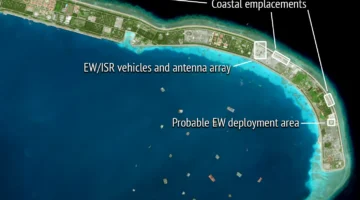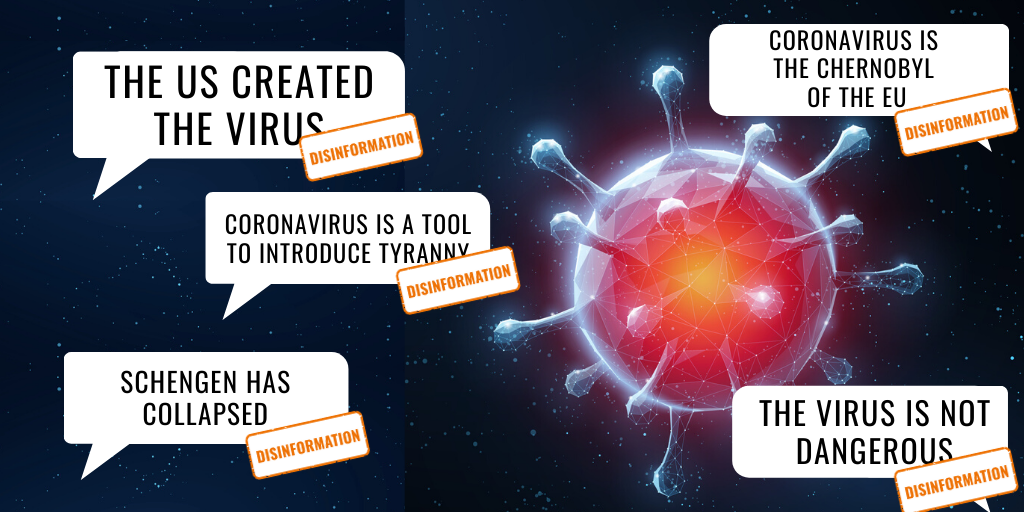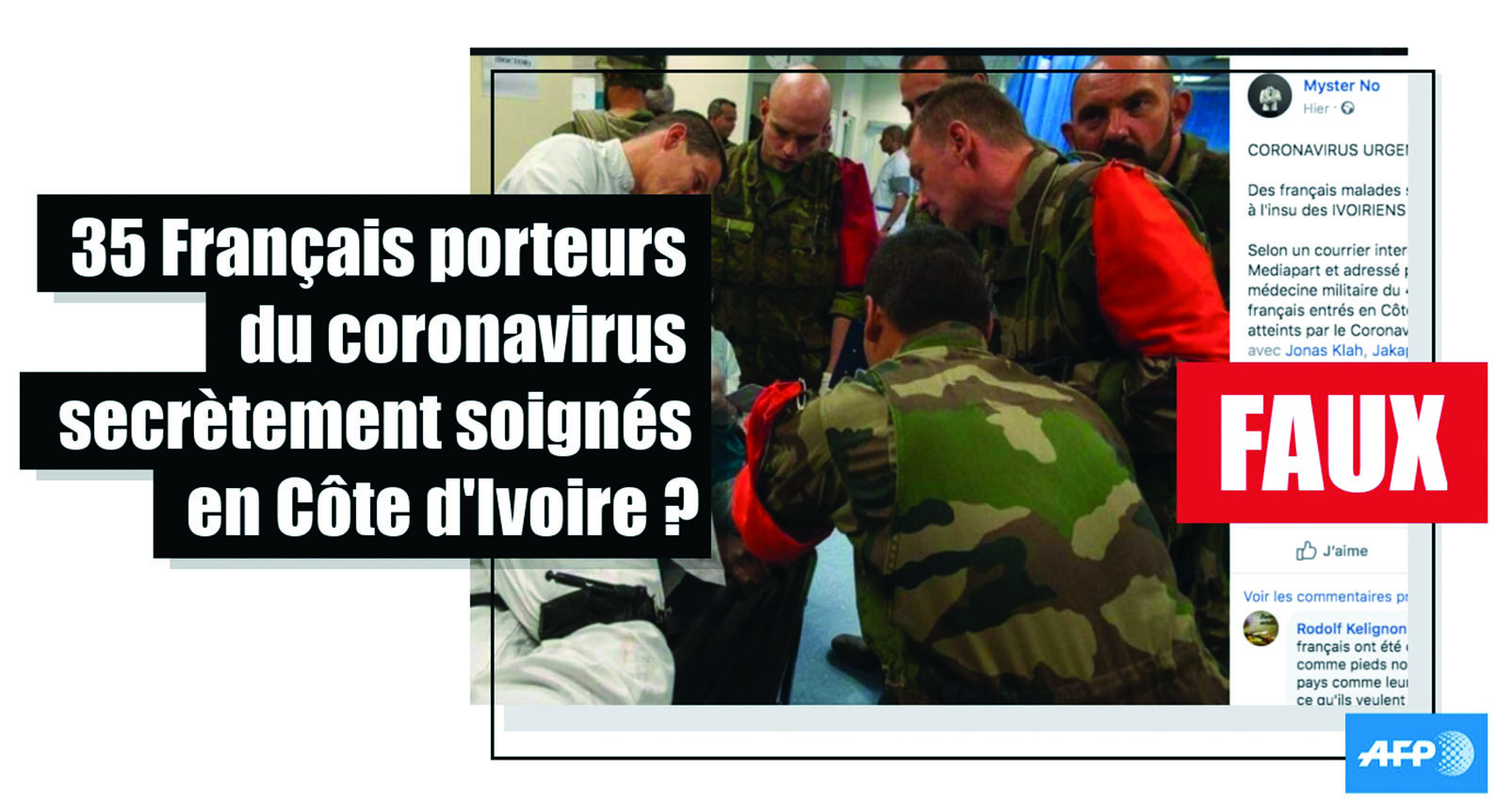(Source : EUvsDisinfo.eu) – With the outbreak of COVID-19, we have seen the proliferation of significant quantities of news, myths, and disinformation about it – coming from various sources both within and outside of the European Union. The World Health Organisation has stated that the outbreak of and response to COVID-19 has been accompanied by a massive “infodemic”, which the WHO describes as an over-abundance of information – some accurate and some not – rendering it difficult to find trustworthy sources of information and reliable guidance.
Today, the information environment around the coronavirus is characterised by an immense amount of content from different sources and on different media. Governments and health authorities are trying to provide authoritative information about COVID-19 and social media platforms are looking for effective ways to promote this content, while simultaneously demoting or removing unreliable content. At the same time, we are witnessing a substantive amount of both misinformation and disinformation spreading on- and offline. While misinformation involves the unintentional spread of false information, disinformation campaigns entail the intentional production and/or dissemination of verifiably false content, spread either for political or financial reasons. (…)
Read Full Article >>> https://euvsdisinfo.eu/eeas-special-report-disinformation-on-the-coronavirus-short-assessment-of-the-information-environment/
Photo © https://euvsdisinfo.eu/disinformation-can-kill/
*** NB : EUvsDisinfo is the flagship project of the European External Action Service’s East StratCom Task Force. It was established in 2015 to better forecast, address, and respond to the Russian Federation’s ongoing disinformation campaigns affecting the European Union, its Member States, and countries in the shared neighbourhood.











